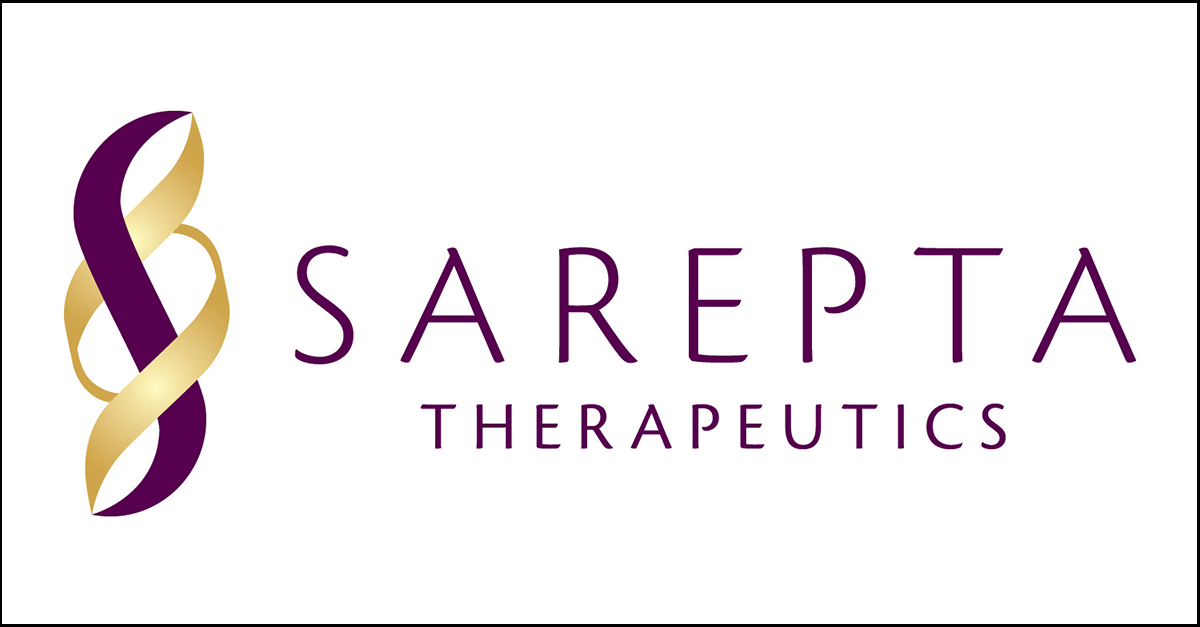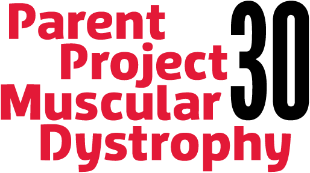
PPMD is excited to share today’s announcement from Sarepta Therapeutics regarding two-year follow up results from four clinical trial participants who received SRP-9001 (AAVrh74.MHCK7.micro-dystrophin).
Results presented at the Virtual 25th International Congress of the World Muscle Society demonstrated that two years after a one-time infusion of SRP-9001, trial participants exhibited a mean 7.0 point improvement on the North Star Ambulatory Assessment compared to baseline.
Data from this initial trial with SRP-9001 will be important to our understanding of the durability of this investigational gene therapy product, we are happy to see continued improvement compared to baseline two years from the initial dose.
PPMD is pleased to have had the opportunity to support the first gene therapy study in Duchenne and is thrilled for the progress to date. SRP-9001 is an investigational gene transfer therapy intended to deliver its micro-dystrophin-encoding gene to muscle tissue for the targeted production of micro-dystrophin protein.
Read the announcement from Sarepta:
Sarepta Therapeutics Reports Sustained Functional Improvement Two Years After Treatment with SRP-9001, its Investigational Micro-dystrophin Gene Therapy for Duchenne Muscular Dystrophy
09/28/20 8:55 AM EDT
–Results demonstrate continued safety and tolerability of SRP-9001 in four participants with Duchenne —
–All four participants demonstrated improvements in NSAA scores compared to baseline and showed a durable response two years after administration of SRP-9001 —
CAMBRIDGE, Mass., Sept. 28, 2020 (GLOBE NEWSWIRE) — Sarepta Therapeutics, Inc. (NASDAQ:SRPT), the leader in precision genetic medicine for rare diseases, today announced two-year follow up results from four Duchenne muscular dystrophy (DMD) clinical trial participants who received SRP-9001 (AAVrh74.MHCK7.micro-dystrophin). SRP-9001 is an investigational gene transfer therapy intended to deliver its micro-dystrophin-encoding gene to muscle tissue for the targeted production of micro-dystrophin protein. Results presented at the 25th International Annual Congress of the World Muscle Society demonstrated that two years after a one-time infusion of SRP-9001, trial participants exhibited a mean 7.0 point improvement on the North Star Ambulatory Assessment (NSAA) compared to baseline.
“We continue to be encouraged by the safety profile and enduring treatment response that we have seen to date with SRP-9001 gene transfer therapy,” said Doug Ingram, President and CEO, Sarepta. “The consistent results and functional improvements sustained over two years give us added confidence as we prepare for the results from Study 102, our randomized, double-blind, placebo-controlled study of SRP-9001. We continue to work with urgency to bring this potentially transformative treatment to patients as quickly as possible.”
In the open-label trial, known as Study 101, four ambulatory participants between the ages of 4 and 7 were treated with an infusion of SRP-9001 at a dose of 2×1014 vg/kg. The therapy was well-tolerated in all participants over the two-year time period. All adverse events were considered mild or moderate, and occurred within 90 days of treatment. There were no serious adverse events or evidence of complement activation.
At day 90, all participants had confirmed vector transduction and showed functional improvement on the NSAA scale and reduced creatine kinase (CK) levels. Participants demonstrated a mean increase of 5.5 points from baseline one year after treatment and 7.0 points from baseline two years after treatment. The NSAA is a validated scale developed to measure functional motor abilities in ambulant children with Duchenne, with scores ranging from 0-34.
As previously disclosed, micro-dystrophin protein levels for participants in Study 101 were as follows: 12-weeks post-infusion, a mean of 81.2% muscle fibers expressing micro-dystrophin with a mean intensity at the sarcolemma by immunohistochemistry of 96% compared to normal biopsies. Adjusted for fat and fibrotic tissue, western blot showed a mean expression of 95.8%.
About SRP-9001
SRP-9001 is an investigational gene transfer therapy intended to deliver the micro-dystrophin-encoding gene to muscle tissue for the targeted production of the micro-dystrophin protein. Sarepta is responsible for global development and manufacturing for SRP-9001 and plans to commercialize SRP-9001 in the United States. In December 2019, the Company announced a licensing agreement granting Roche the exclusive right to launch and commercialize SRP-9001 outside the United States. Sarepta has exclusive rights to the micro-dystrophin gene therapy program initially developed at the Abigail Wexner Research Institute at Nationwide Children’s Hospital.



 by: Parent Project Muscular Dystrophy
by: Parent Project Muscular Dystrophy

